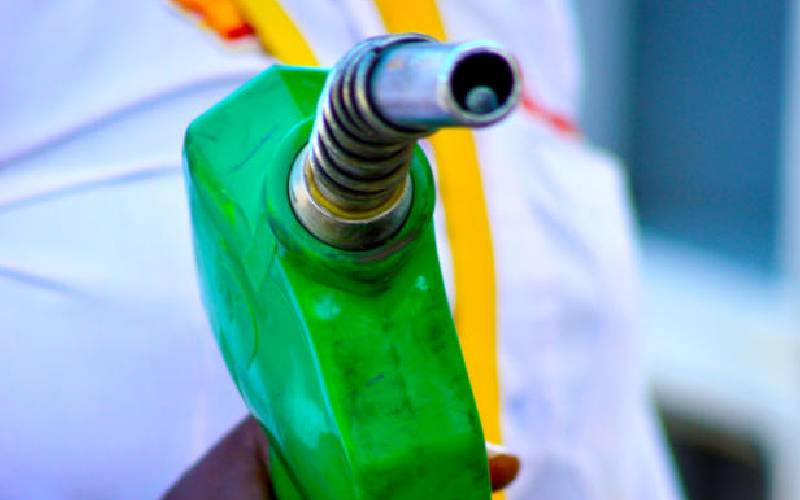×
The Standard e-Paper
Stay Informed, Even Offline

The energy regulator opted to shift the burden of higher fuel prices to users of super petrol in the last pricing review, shielding low-income households that rely on kerosene for lighting and cooking.
Diesel, which is mostly used by commercial vehicles and industries, was also spared price spikes.